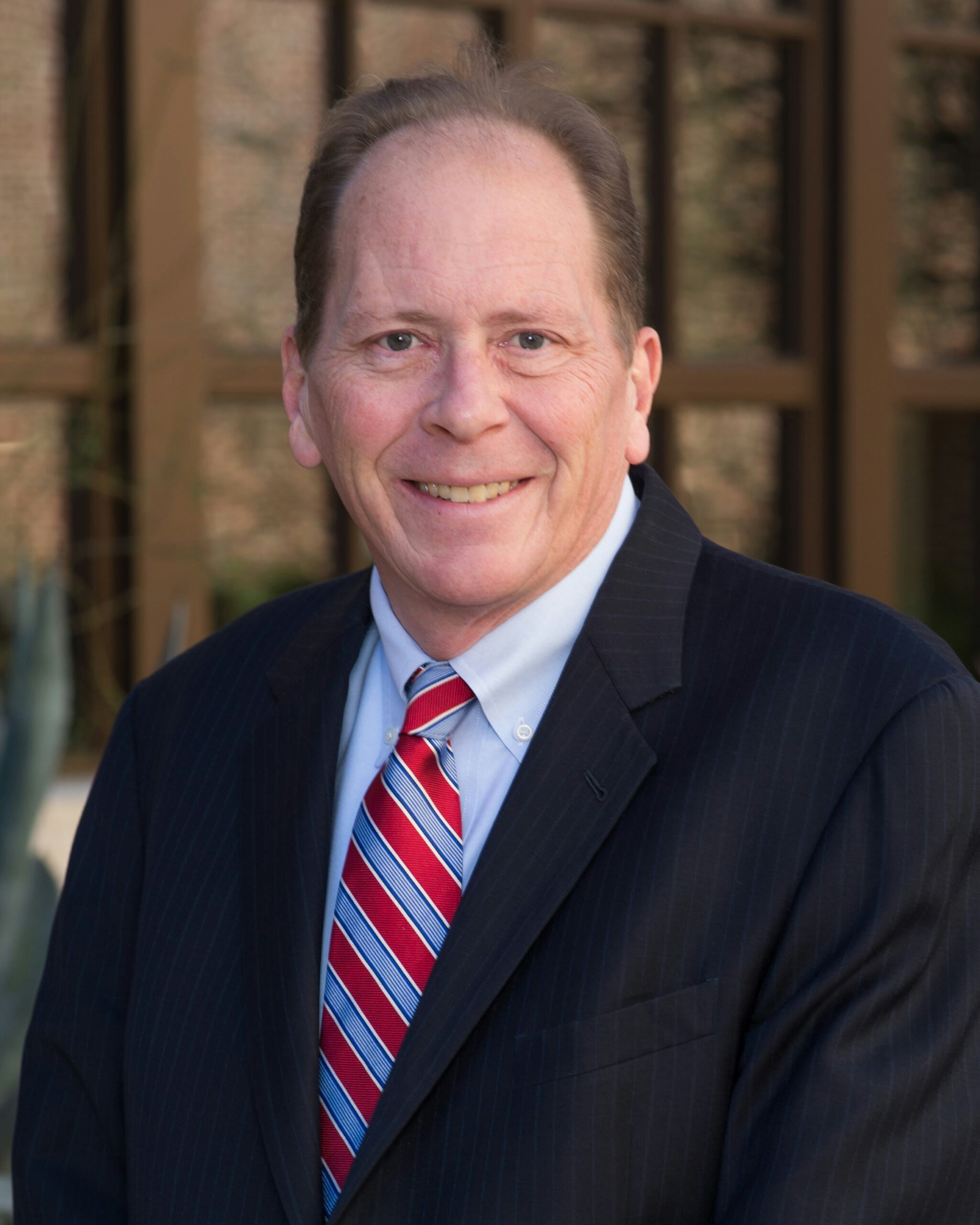The Bush Institute is working with the Korean-American community, including resettled North Koreans, to create a scholarship program whose goal is to help escapees build new lives in the United States.
More than 400 North Koreans have legally come to the United States as refugees or immigrants since President George W. Bush signed the North Korea Human Rights Act into law in 2004. Over the last two years, the George W. Bush Institute has commissioned studies to further understand the realities of their lives.
We have learned that most North Koreans living here have adjusted well, and that they want to contribute to American society. They remind us why helping others escape oppression is not only the right thing to do, it is in our best interest as a society.
Nevertheless, they face significant challenges. Many struggle financially and have limited prospects for careers or professional advancement. Our research shows that many of them desire to improve their education and skills as a way to secure a happy and prosperous life. Yet they are often unable to afford the cost of education.
That discovery has prompted the Bush Institute to establish the North Korea Refugee Freedom Scholarship program. We worked with the Korean-American community, including resettled North Koreans, to create this program, whose goal is to help escapees build new lives in the United States.
North Korea, after all, is one of the worst places on earth. A brutal dictator rules over more than 24 million people. Resources are scarce with food, housing, and other goods going first to the military and elites. In the 1990s, several hundred thousand North Koreans perished in a disastrous famine, which was exacerbated by the policies of the dictatorship.
North Korea’s regime commits massive human rights violations, including executions, torture, and detention. The people are denied fundamental rights like free expression, association, assembly, and religion. In North Korea, acts like voicing an opinion or worship can be punished by imprisonment or death.
Astonishingly, more than 100,000 North Korean men, women, and children are held in a vast network of prison camps and subjected to inhuman conditions. Leaving the country is potentially a capital crime, yet for some North Koreans, it is a risk worth taking.
Escaping North Korea tests physical endurance and is typically a harrowing experience. Escapees know that their actions may mean their families will be punished by the security forces. Most leave by crossing into China, where they risk repatriation back to North Korea and are often victims of sex trafficking.
The lucky ones are assisted by a loose network of organizations and individuals that helps shepherd refugees out of China to third countries. Once there, they can apply for refugee status in South Korea or the United States.
Given its isolation and belligerence, many look at North Korea as a problem without solutions. At the Bush Institute, we’ve chosen to focus on what can be done to improve the human condition.
That’s why our new program will allow individuals who were born in North Korea and now legally live in the United States to apply for scholarships to attend institutions of higher learning. The scholarship will apply to four-year colleges and universities, community colleges, and vocational and technical schools.
Through learning a trade or taking up a profession, these North Korean escapees can better provide for themselves and their families and contribute to our common prosperity. They also serve as a vital link to those trapped behind in North Korea by sending remittances to family members and uncensored information the regime doesn’t want the people to know.
North Korea remains a dangerous and repressive country, but we believe that enhancing the prospects of individual North Koreans will hasten the day when all North Koreans are free.































